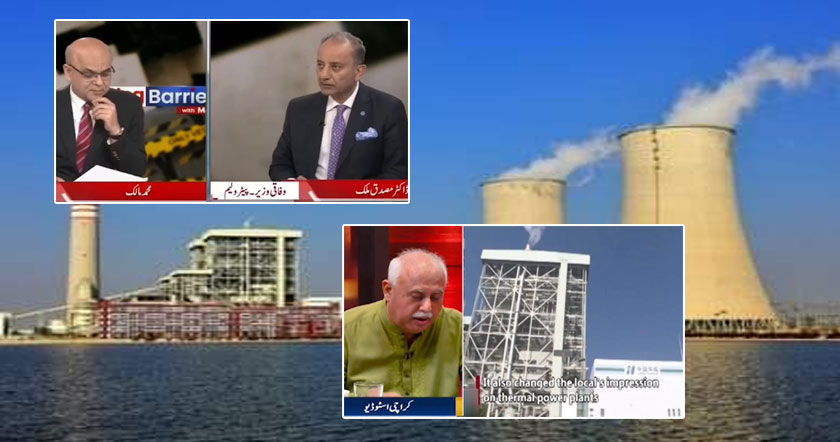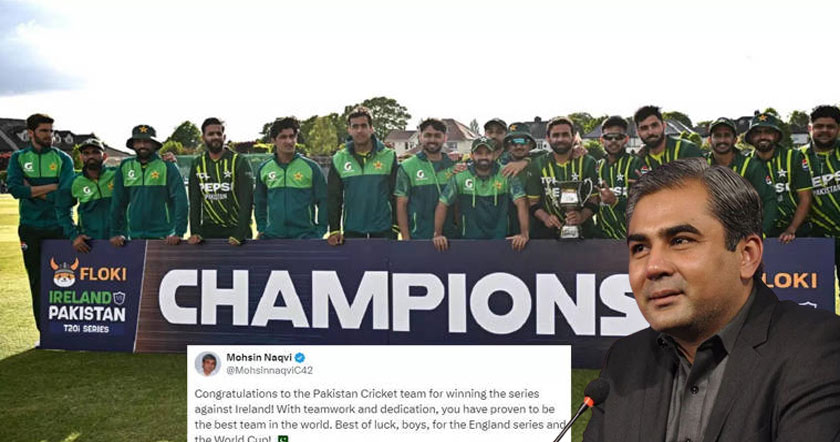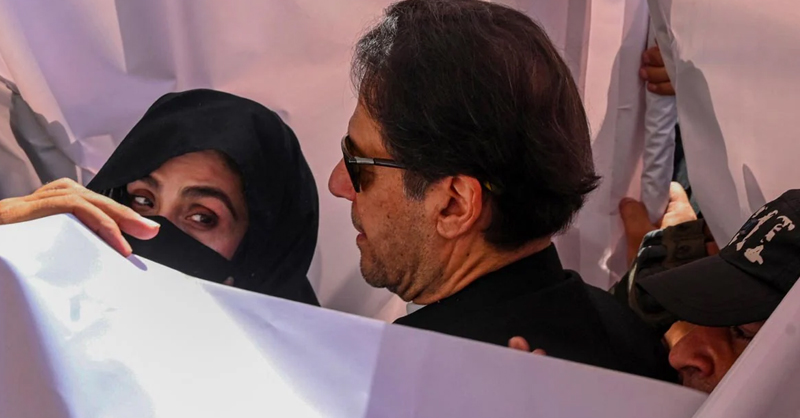| Full of distortions and lies, Pakistan Studies textbooks leave students utterly confused about their history and identity - See more at: http://www.thefridaytimes.com/beta3/tft/article.php?issue=20130823&page=4#sthash.D7pIPHBn.dpuf |
| Pakistan Studies is a compulsory part of the curricula in most disciplines taught in Pakistan. All Pakistani students up to the graduate level have to pass this subject. It has been observed that textbooks in Pakistan promote a certain mindset, which is seldom challenged, and in fact further fuelled by the media. The subject of Pakistan Studies was included in the curriculum at almost all educational levels during the 1970s. A Pakistan Studies department was first established at Quaid-e-Azam University in Islamabad with the intention of exploring Pakistan's geography and geology. This project was expanded during the Zia era to cultivate nationalist passions and create an undefined ideology of Pakistan as documented by Dr AH Nayyar and Dr Hoodbhoy in their book titled "Rewriting the History of Pakistan" published in 1985. An important Pakistan Studies book that is consulted by students from the matriculation level to the undergraduate level is written by Sheikh Muhammad Rafiq. It has been published by Standard Book House, Urdu Bazar, Lahore. I read the book while preparing for the compulsory Pakistan Studies exam during medical school.
The first unit of the book is on Ideology of Pakistan, followed by a discussion of the Pakistan Movement and its history. One whole unit is focused on attempts to implement the Islamic system in Pakistan and the last chapter is focused on relations between Pakistan and other Muslim countries. The book has been dedicated to "selfless warriors of Islam who defeated every attempt to defame the Ideology of Pakistan and shed their lives for the establishment of an Islamic system". It is worth mentioning that "Ideology of Pakistan" is a term that was coined at least two decades after Pakistan's formation. It was not mentioned in any speech of Mr Jinnah, Allama Iqbal, or the official proceedings of All India Muslim League. The term was first used and popularized by General Sher Ali Khan, who served as the minister of information in Yahya Khan's government (1969-71). In his autobiography (published in 1978), he has frequently mentioned this ideology and his fascination with this ideology since 1949. This baton was later passed on to the political party which steadfastly opposed the creation of Pakistan and Mr Jinnah, ie Jamaat-e-Islami. The first chapter of the book starts with a discussion on "Islam as a Revolutionary Movement", a stance that was proposed and later propagated by Jamaat's founder, Mr Maududi. The polemic on the history of the "Ideology of Pakistan" traces the roots of this ideology to the arrival of Muhammad Bin Qasim in India in the seventh century. The portion that deals with the history of Muslim rulers of India for almost one thousand years has been condensed to fit two pages and does not include any details about the internecine conflicts among various Muslim rulers and ruling families. Under the heading, "Reasons for formation of Pakistan", the following subheadings are given: 1) need for separate identity, 2) independence of the Muslim nation, 3) yearning for the establishment of an Islamic republic, 4) defense of Urdu language, 5) conservation of Islamic culture, 6) freedom from economic disparity, 7) establishment of an Islamic society, 8) formation of a centre for worldwide Islamic unity. The description of each one of these aspects is full of biases and does not provide any answer to why it was only after the loss of government that Muslims of India realized their "separate identity" and there were no such problems during the Muslim rule. The point that "Islam is a complete code of life" has been repeated in almost each description. Research proves that this argument only began to be made in the twentieth century as a reaction to Marxism and Capitalism. Furthermore, Allama Iqbal never advocated the formation of a separate country (as has been proven by historians KK Aziz and Hasan Jaafar Zaidi separately), and according to David Gilmartin's research, the slogan "Pakistan Ka Matlab Kya" was not raised at any All India Muslim League (AIML) rally during the 1940s. It would also surprise the author of the book (and its readers) that Urdu is given more importance these days in India than in Pakistan. Regarding the "economic disparity" issue, Muslims had as many members among the elite as the Hindus, and most leaders of AIML were indeed from the Muslim upper and upper middle classes. The chapter dealing with the history of the Pakistan ideology starts with Mohammad Bin Qasim and jumps straight to Sheikh Ahmed Sirhindi and reaches the "Tehrik-e-Jihad" of Syed Ahmed Shaheed via Shah Waliullah. It is worth mentioning that "Tehrik-e-Jihad" was the first Taliban-style government that was formed in areas surrounding Peshawar. This movement has been discussed in detail by Dr Ayesha Jalal in her book, "Partisans of Allah". The author has glorified the movement, and its off-shoot Faraizi Movement that started in Bengal. It is followed by brief introductions of Aligarh movement, Deoband movement and Anjuman Himayat-e-Islam. In the chapter dealing with problems faced after Partition by Pakistan, the massacre of Hindus and Sikhs by Muslims in West Bengal and Punjab has been completely overlooked. The author has provided references from almost all those historians who have distorted Pakistan's history including Sheikh Muhammad Ikram, Ishtiaq Hussain Qureshi, Chaudhary Muhammad Ali and Ashiq Batalvi. The chapter on Islamization of Pakistan's constitution is openly biased towards the author's preconceived notions. After detailing the Islamic provisions from different constitutions, the author has focused on "Problems in Islamizing Pakistan's Constitution" and those include: 1) lack of consensus, 2) lack of leadership, 3) role of bureaucracy, 4) attitude of the military, 5) capitalism, 6) socialism, 7) the West's cultural invasion, and 8) international conspiracies. The last chapter deals with Pakistan's relations with various Muslim countries. There is no mention of Pakistan's relations with the United States of America, our biggest trade partner and international ally since the 1950s. This book is read by students while they are in their formative years and the only kind of mindset that this book can create is that of utter confusion. This book is based on blatant lies and distortions in history. No wonder the youth of today are utterly confused about their identity and history |


































